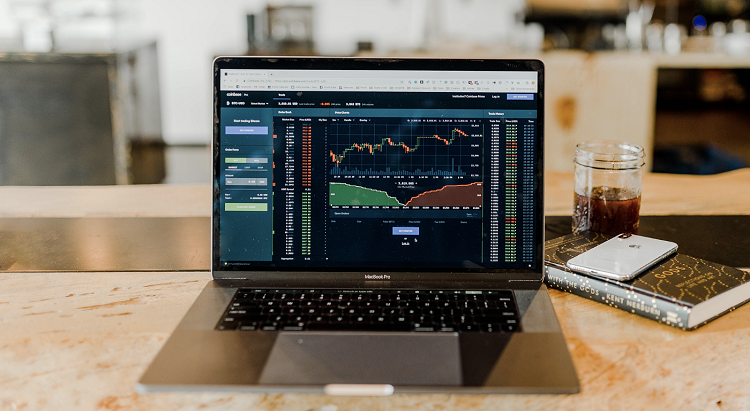What Essentially Are Future Markets, And How Do They Operate?
The concept of future markets has become much more prominent in recent years, with investors increasingly taking advantage of the opportunities these new trading platforms offer. But what are these futures markets, and how do they work?
This article will provide an overview of a future market, its advantages and disadvantages, and the fundamental principles investors should understand before entering this space. We’ll also discuss strategies on how to do well within the futures markets and examine some examples to illustrate how they operate. With this knowledge, you can make better-informed decisions when deciding whether or not to participate in these dynamic investment opportunities.
Table of Contents
What are future markets?
Future markets, also known as predictive markets, are resources believed to be incredibly useful in business decision-making. These markets bring together buyers and sellers of a contract or bet related to an event whose outcome or result is disputed. Predictive markets allow individuals to pool their information and knowledge on the future likelihood of an event.
By bringing together such individual knowledge and ideas, these markets provide more accurate predictions than ever. Much like the stock market, people can buy and sell contracts predicting the outcomes they believe are most likely to occur in these markets.
The demand in these markets helps provide valuable data on many topics, including future product innovation and current events. In this way, future markets provide a unique opportunity for people to benefit financially while impacting the world with their ideas.
Advantages of future markets
Future markets provide a variety of advantages to traders. One of the most obvious is their ability to allow people to gain high-leverage investments with relatively little capital. The leverage comes from lenders willing to lend money at low-interest rates to enter into contracts. It means that even small trades can result in high returns or losses.
Another advantage of futures markets is that they are available to trade 24 hours a day, meaning investors don’t have to wait until the stock market opens or closes to enter into contracts. This level of flexibility allows traders to take advantage of any fluctuations in the market at any time. Additionally, since there are often low barriers to entry in these markets, investors with limited capital can still participate in high-leverage trades.
Lastly, future markets are often much more liquid than the stock market, meaning it is easier to find buyers and sellers for contracts, so prices remain relatively stable.
Fundamental principles investors should understand
The first is margin calls. It refers to when lenders require additional funds from traders to cover their losses on a trade. Since these contracts often involve high levels of leverage, even small market movements can lead to significant losses for traders unable to cover their margin calls. Therefore, investors must understand the underlying risk of these contracts and be prepared to cover any potential losses.
Another principle relates to liquidity. While future markets can offer excellent opportunities to enter profitable trades, they are also much more volatile than the stock market, making it difficult to exit a position quickly. This increased volatility can make it more difficult for traders to manage their risk, so understanding the risks associated with these markets is critical.
Finally, investors must understand the taxation rules in different countries when entering future markets. As these contracts are often traded across borders, understanding the specific regulations and laws in different countries is vital.
Strategies for success in the futures markets
To be successful in the futures markets, several strategies can help. Firstly, it is essential to clearly understand the underlying risk associated with each contract and how they will react to different market movements. It requires traders to research and analyse their specific markets to identify potential risks and opportunities.
Having a well-defined trading plan and risk management strategy is also essential. It should include determining the maximum amount of money you will lose on any given trade and developing an exit strategy in case markets turn against you.
Finally, keeping up with current news and developments that may impact your trades is crucial. Since the futures markets can move quickly, staying up to date with new developments is critical to capitalise on any potential opportunities or to avoid losses if the market moves against you.
In conclusion
Future markets offer great opportunities for investors looking to benefit from high-leverage investments. However, it is essential to understand the associated risks and to have an effective trading plan and risk management strategy to increase your chances of success. By keeping these principles in mind, investors can make informed decisions when trading in the futures markets.

